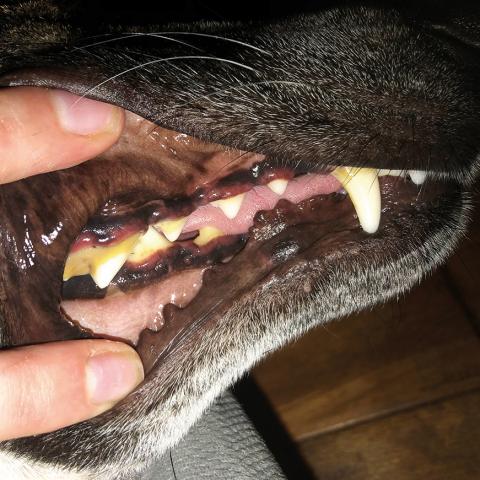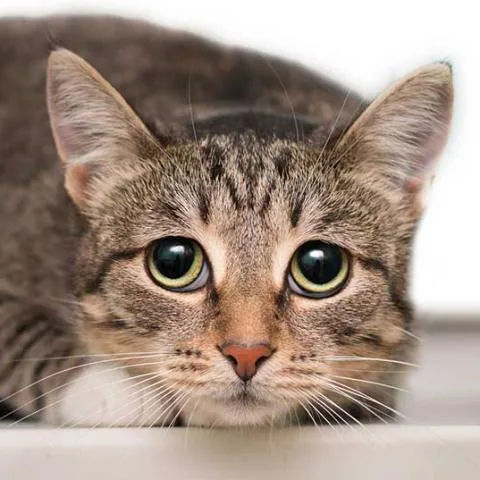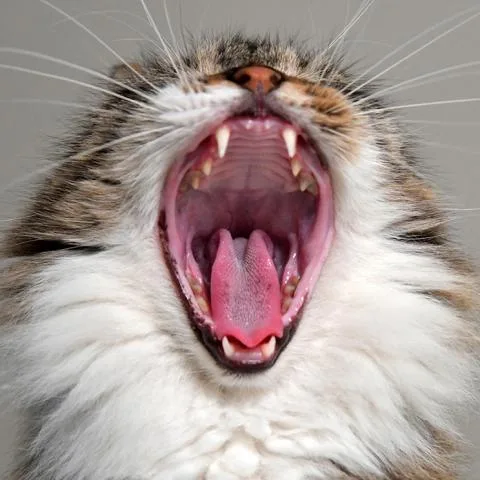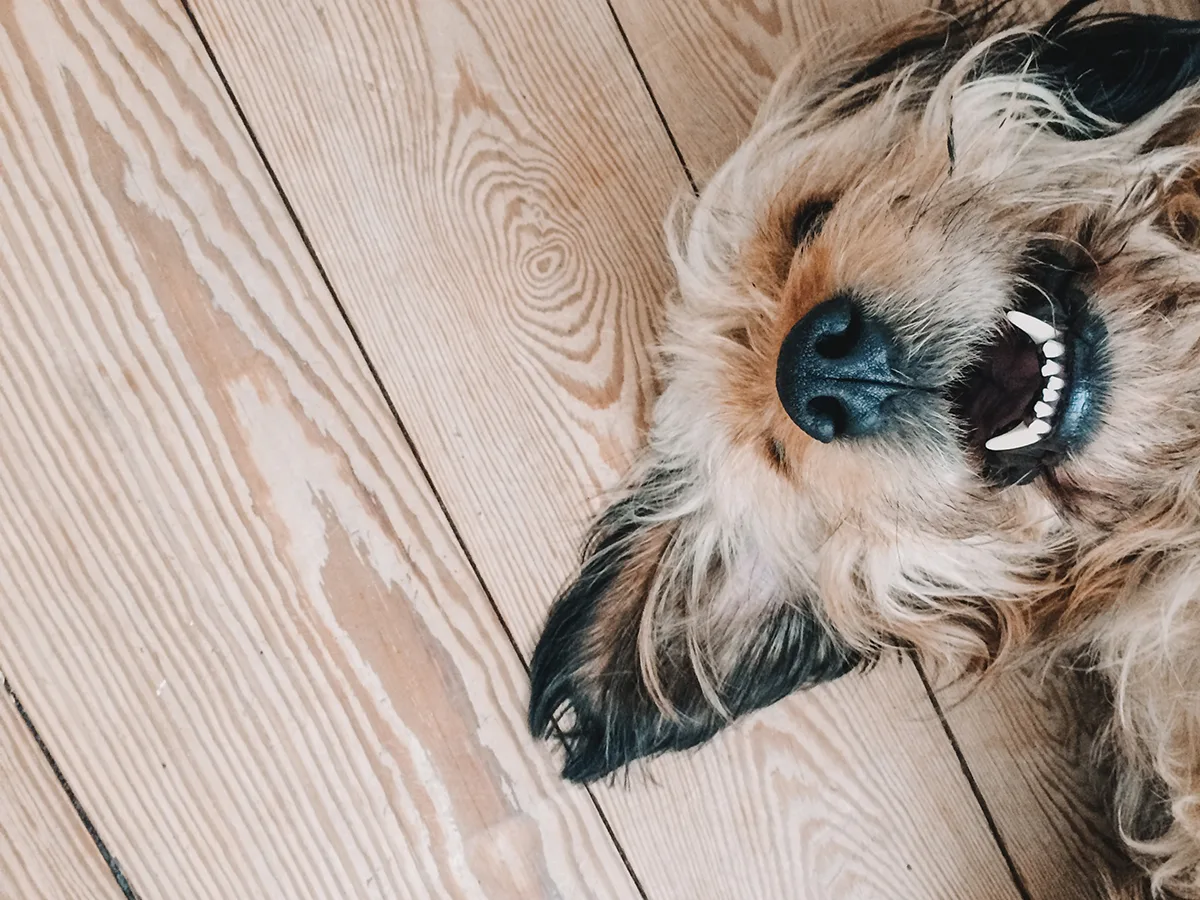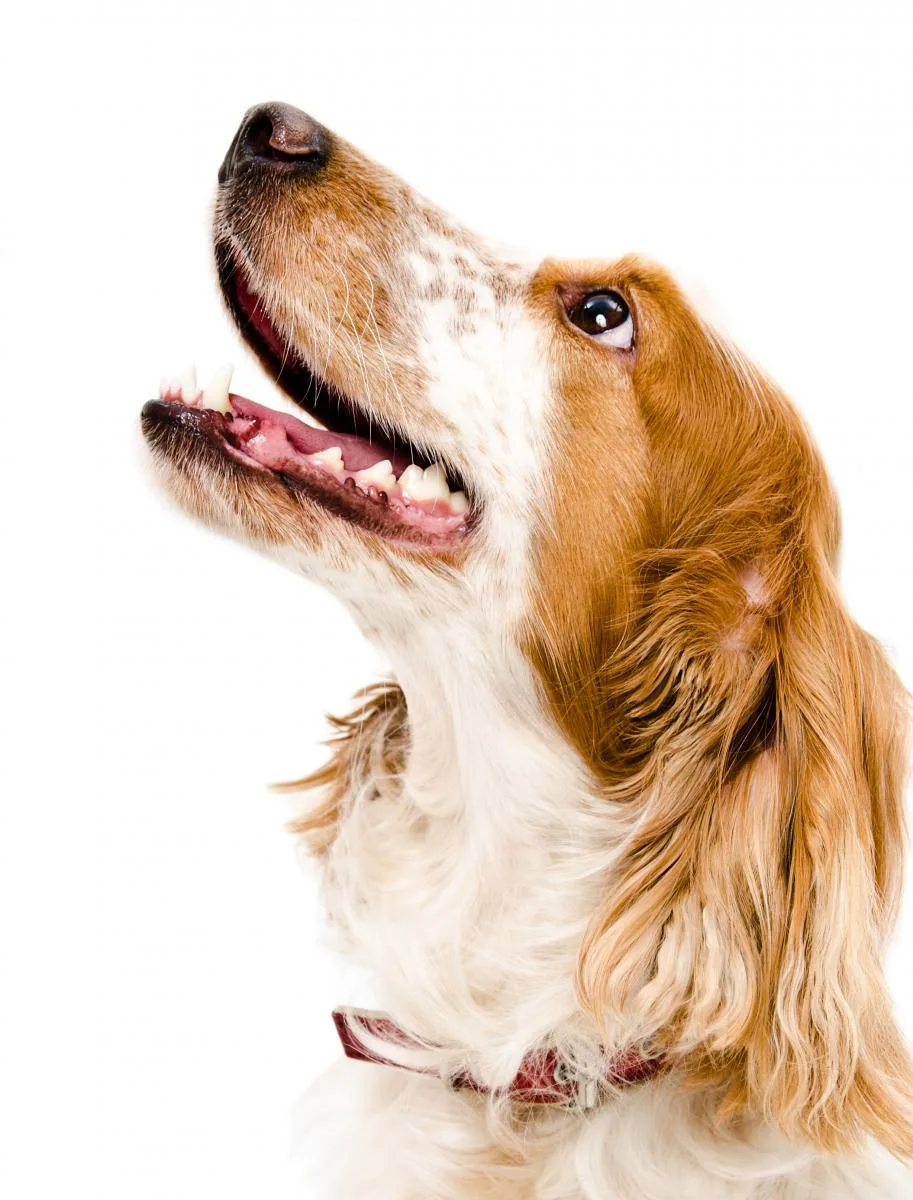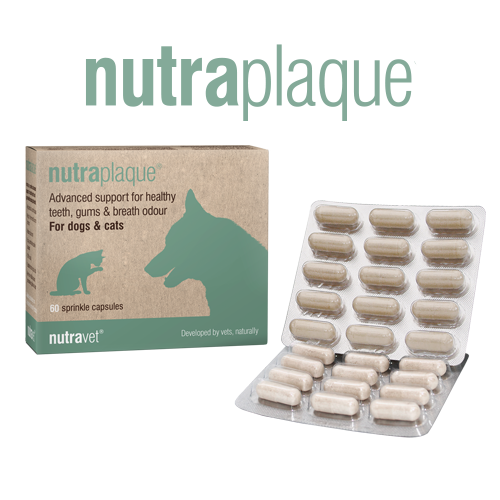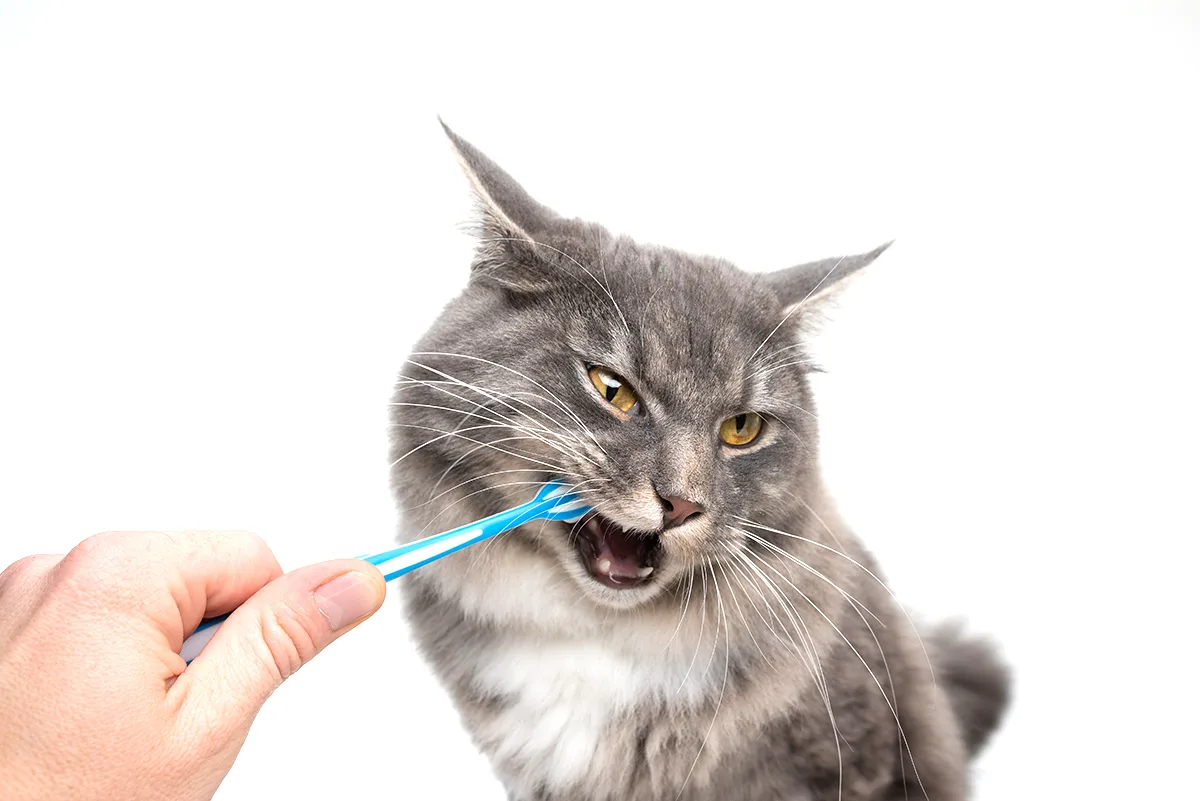
Cleaning cat teeth and maintaining good oral health is likely to improve the quality of their life.
Cleaning cat teeth from an early age can help to prevent any problems. Cats are good at hiding signs of discomfort and pain and it can be difficult as their owner to know there is even a problem with their teeth.
A healthy cat’s teeth should be clean, white and free of any chipping. Their gums shouldn’t have any sores or lesions and should be pink and healthy without any redness, swelling or bleeding.
Signs of cat teeth problems include:
- Reduced grooming activity
- Discoloured teeth/ plaque & tartar build-up
- Bad breath
- Drooling
- Discomfort
- Pawing at mouth
- Bleeding gums
- Reduced appetite or weight loss
Kittens have 26 baby teeth, which are then replaced by 30 adult teeth by the age of six months. Cats use their teeth for catching prey and chewing food, as well as to defend themselves against other cats.
How to clean cat teeth
Brushing your cat’s teeth is a great way to avoid dental disease. Ideally you should introduce dental care from a young age, to get them used to having their teeth touched.
Here are some tips on how to clean cat teeth:
- Ask your vet for advice on how to brush your cat’s teeth correctly.
- Buy a specialised toothpaste for your cat. Never use human toothpaste.
- Begin by putting your cat’s toothpaste on your finger and offering it to them to lick.
- Be sure to buy a toothbrush that is designed for cats.
- Choose a time of day you can stick to in order to make teeth brushing a part of your cat’s normal routine. Make sure you are calm and comfortable.
- Slowly and gently pull back your cat’s lips and touch their teeth with the toothbrush, initially before soothing your cat. Repeat this daily for several days before starting to brush their teeth. Only start brushing when they are comfortable.
- To brush their teeth, apply the bristles to the teeth at a 45-degree angle, reaching both the tooth surface and just beneath the gum margin.
Natural cat teeth plaque remover
Consider using a like Nutraplaque which is a completely natural sprinkle capsule that provides an advanced double action formula to help aid oral health and hygiene by systematically working against bad breath, tartar and plaque for healthy teeth and gums.
Nutraplaque is recommended by thousands of vets throughout the UK and Ireland as advanced support for healthy teeth, gums and breath odour in dogs and cats.

